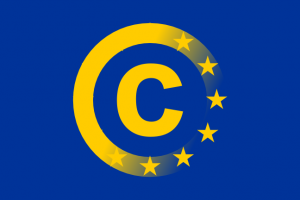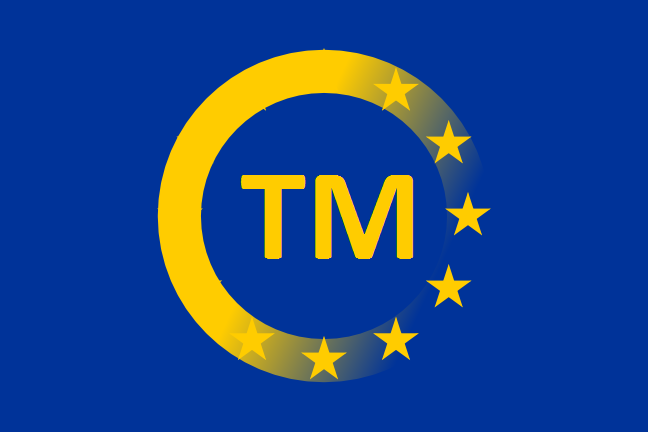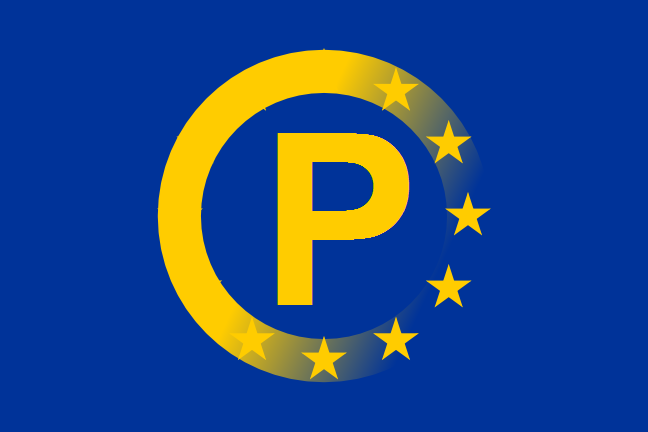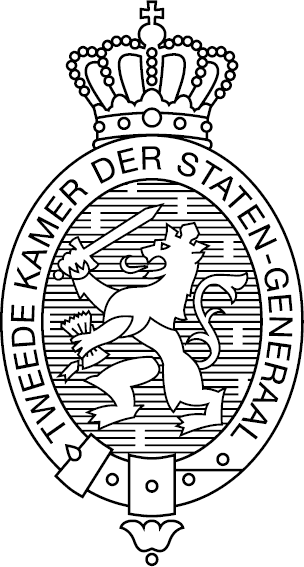Motion for a European Parliament Resolution, Draft report on private copying levies (2013/2114(INI))
 New business models in the digital environment
New business models in the digital environment
25. Takes the view that private copies of protected works made using cloud computing technology may have the same purpose as those made using traditional and/or digital recording media and materials; considers that these copies should be taken into account by the private copying compensation mechanisms;
26. Calls on the Commission to assess the impact on the private copying system of the use of cloud computing technology for the private recording and storage of protected works, so as to determine how these private copies of protected works should be taken into account by the private copying compensation mechanisms;
27. Calls on the Commission and Member States to examine the possibility of legalising works sharing for non-commercial purposes so as to guarantee consumers access to a wide variety of content and real choice in terms of cultural diversity;
28. Instructs its President to forward this resolution to the Council and Commission and to the governments and parliaments of the Member States
A virtuous system in need of modernisation and harmonisation (1 - 5)
(...) 3. Believes that the private copying system is a virtuous system that balances the right to copying for private use with fair remuneration to rightholders, and that it is a system worth preserving;
4. Emphasises that the major disparities between national systems for the collection of levies, especially as regards the types of product subject to the levy and the rates of levy, can distort competition and give rise to ‘forum shopping’ within the internal market;
5. Invites the Member States to decide on a common definition of the private copying levy, to look for common ground as regards which products should be subject to the levy and to harmonise the negotiating arrangement for the rates applicable to private copying; calls on the Commission to facilitate that process;
Single collection procedure, clearer consumer information and more efficient (6 - 14)
(...) 8. Recommends that, in the case of cross-border transactions, private copying levies be collected in the Member State in which the product is placed on the market and that the product then be allowed to circulate freely in the internal market without being subject to additional levies;
9. Takes the view that, accordingly, private copying levies cannot be collected by a collective management organisation of a Member State if remuneration of the same kind has already been collected in another Member State;
10. Calls on the Member States, in consultation with all stakeholders, to simplify procedures for setting the levies in such a way as to ensure fairness and objectivity;
(...)
13. Urges Member States to adopt more transparent exemption arrangements regarding professional uses;
14. Calls on the Member States to introduce efficient arrangements for the reimbursement of private copy levies where the media in question is used for professional purposes;
Transparency regarding allocation of revenue and cultural policy (15 - 19)
(...) 16. Urges Member States to ensure greater transparency regarding the allocation of revenue from private copying levies;
18. Calls on the Member States to publish reports on allocation of proceeds in open source format with interpretable data;
19. Urges the organisers of cultural events and performances receiving funding from private copying levies to make their public more aware of this by means of additional publicity
Technical protection measures (20 - 21)
21. Calls for the elimination of technical protection measures causing an imbalance between freedom to copy and fair remuneration for rightholders under private copying
Licences (22 - 24)
(...) 24. Stresses that, as for online services, contractual authorisations cannot be allowed to prevail to the detriment of private copying exception arrangements;
New business models in the digital environment (25 - 28)
25. Takes the view that private copies of protected works made using cloud computing technology may have the same purpose as those made using traditional and/or digital recording media and materials; considers that these copies should be taken into account by the private copying compensation mechanisms;
26. Calls on the Commission to assess the impact on the private copying system of the use of cloud computing technology for the private recording and storage of protected works, so as to determine how these private copies of protected works should be taken into account by the private copying compensation mechanisms;
27. Calls on the Commission and Member States to examine the possibility of legalising works sharing for non-commercial purposes so as to guarantee consumers access to a wide variety of content and real choice in terms of cultural diversity;
28. Instructs its President to forward this resolution to the Council and Commission and to the governments and parliaments of the Member States.
 Wetsvoorstel: De Auteurswet wordt als volgt gewijzigd:
Wetsvoorstel: De Auteurswet wordt als volgt gewijzigd: Uit het
Uit het 

 Algemeen Overleg agenda bedrijfslevenbeleid
Algemeen Overleg agenda bedrijfslevenbeleid Thuiskopievergoedingen. Jurisprudentie wordt gevolgd en zonodig wordt het besluit aangepast. De thuiskopieheffingen gaan niet omhoog. De huidige, tijdelijke regeling wordt op 1 januari 2014 met twee jaar verlengd. Artikel I: Het
Thuiskopievergoedingen. Jurisprudentie wordt gevolgd en zonodig wordt het besluit aangepast. De thuiskopieheffingen gaan niet omhoog. De huidige, tijdelijke regeling wordt op 1 januari 2014 met twee jaar verlengd. Artikel I: Het  UPC. Beneluxgerechtshof. Aanpassingen. Met het oog op een snelle inwerkingtreding van de UPC-overeenkomst staat Nederland positief tegenover de aanpassing van Brussel I, mits dit beperkt blijft tot technische aanpassingen die noodzakelijk zijn om te verduidelijken hoe wordt omgegaan met gemeenschappelijke gerechten zoals de gerechten die voortvloeien uit de UPC-overeenkomst en het BenGH-verdrag. Hierbij biedt de minister twee fiches aan. Eén daarvan is met betrekking tot de wijziging van de verordening rechterlijke bevoegdheid, erkenning en tenuitvoerlegging beslissingen in burgerlijke en handelszaken(Brussel I).
UPC. Beneluxgerechtshof. Aanpassingen. Met het oog op een snelle inwerkingtreding van de UPC-overeenkomst staat Nederland positief tegenover de aanpassing van Brussel I, mits dit beperkt blijft tot technische aanpassingen die noodzakelijk zijn om te verduidelijken hoe wordt omgegaan met gemeenschappelijke gerechten zoals de gerechten die voortvloeien uit de UPC-overeenkomst en het BenGH-verdrag. Hierbij biedt de minister twee fiches aan. Eén daarvan is met betrekking tot de wijziging van de verordening rechterlijke bevoegdheid, erkenning en tenuitvoerlegging beslissingen in burgerlijke en handelszaken(Brussel I).




















































































